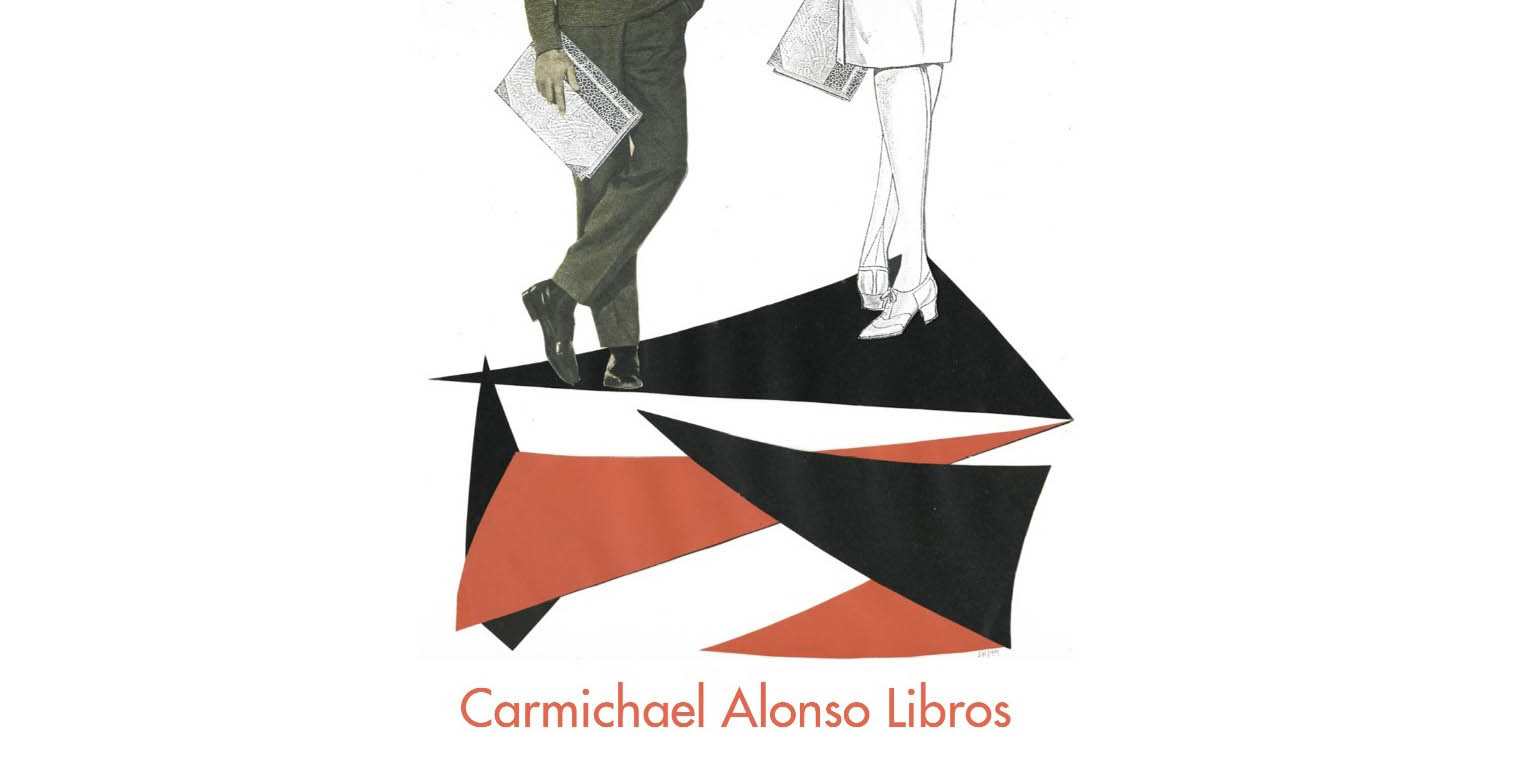
| Editorial: | Colección de Autores Contemporáneos, Publicaciones Clivis, / Ediciones Clivis, |
| Ciudad: | Barcelona |
| Año: | 1946. |
| Edición: | 1ª ed. |
| Medidas: | 24x33. |
| Paginación: | 20pp. |
Wrappers.
First edition of the most popular work by the noted Cuban / Catalan composer, in an elegant publication illustrated with an unsigned design showing the influence of the avant gard Catalan Dau al Set group. Presentation copy dedicated to the american baritone Aubrey Pankey. Pankey (Pittsburg 1905 - East Berlin 1971) had a long and successful career as a baritone, strongly marked by current attitudes to his colour and his politics in the various countries where he resided and performed. He worked principaly in Europe from the early thirties, residing in Paris from 1933, but a concert in Salzberg that he gave in Salzberg, Aurstria was picketed by the Nazis; he was banned from performing in Germany in 1934, and barred from entering Italy in 1937. He returned to the US at the start of the II World War, and performed in concerts in support of the victims of Nazi concentration camps, black emancipation and Russian War relief. In 1948 he moved back to Paris at a time when he was already being investigated by McCarthy's Committee on Un-American Activities. Expelled from France in 1953 for his part in protests against the execution of the Rosebergs in the US, he soght asylum in Eastern Europe. After being turned down by Hungary and Czechoslovakia, his request was accepted by Eastern Germany. He gave many public performances, with a tour of China in 1956, and taught at the German Music School in East Berlin, but his considerable success was marred by his racial stereotyping: as a black singer, he was expected to preform 'black' music, such as spirituals, and not German lied. As his success declioned, he was rumoured to have become a paid informer for the Stasi (along with a considerable proportion of the German population, often unwillingly). In June 1951 Pankey gave two concerts in Barcelona, which was reviewed for the weekly magazine Destino by Xavier Monsalvatge; it seems likely that the the Catalan composer gave the singer this dedicated copy of his Negro songs on this occasion.